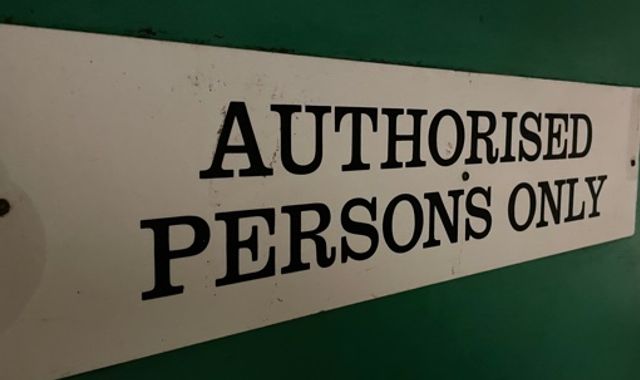Islamic State supporter Farhad Salah plotted to use driverless car in terror attack
Written by News on 12/07/2019
An Islamic State (IS) supporter who was arrested amid fears of a Christmas terror plot has been found guilty of planning an attack using a remote-controlled explosive and a driverless car.


Farhad Salah, 24, was convicted at Sheffield Crown Court after jurors heard that he messaged a contact on social media about using an autonomous vehicle to deliver a potentially deadly device.
Writing on Facebook, the Iraqi told them he also wanted to find someone who could help him travel to Syria, with the court told how he was a supporter of IS.
He appeared in court with a co-defendant, Chesterfield chip shop owner Andy Star, 32, who was charged with the same offence – marking the second time the pair had been tried on these charges.
By the end of the first trial last year, a jury failed to reach verdicts on either of them.
This time round, Judge Paul Watson told Mr Star, also from Iraq, that he should not face a second retrial and a not guilty verdict was recorded, although he will remain in detention on immigration matters.
But Salah will be sentenced on 24 July, with the five-week trial having heard how he and Mr Star were in the early stages of testing small explosive devices when they were arrested during raids on their homes in December 2017.
The operation was carried out in the months after the Manchester Arena explosion and terror attacks on Westminster and London Bridge, with police fearful of a Christmas plot.
While Salah was so early in his planning stages that detectives never identified where he might be targeting, counter-terror police maintained that he was a “very real risk to the safety of the public in the UK”.
Opening the case, prosecutor Anne Whyte QC told the jury: “The intention was to manufacture a device which would be placed in a vehicle but controlled remotely so that no-one had to martyr themselves in the process.”
The raids on Mr Star’s Mermaid Fish Bar in Chesterfield and the Fatima Community Centre in Sheffield came three years after Salah arrived at Heathrow and applied for asylum.
His co-defendant – who always insisted that gunpowder and other items found in his flat above the chip shop were all connected to his long-standing interest in fireworks – had previously been arrested in 2008 on suspicion of being an illegal immigrant and later admitted he had arrived in the country by lorry.
Mr Star was eventually granted refugee status, with “indefinite leave to remain” in February 2016.
Salah, of Brunswick Road, Sheffield, had not had his asylum request decided upon at the time of his arrest.
He was found guilty on a majority of 10 to 2 after the jury deliberated for almost three days at the end of the five-week trial, and he showed no emotion as he was led from the dock.
Following the verdict, Salah was branded “a very real risk to the safety of our communities” who was “preparing for acts that may have resulted in loss of life”.
Detective Chief Superintendent Martin Snowden, head of Counter Terrorism Policing North East, said: “Salah clearly had an extremist mindset and communication from him indicates that he saw his situation as critical.
“He claimed he was a terrorist, who would be judged by God.
“While our investigation did not establish the target of a potential attack, Salah posed a very real risk to the safety of our communities. We’re grateful we were able to disrupt his plans before he’d identified an opportunity to see them through.”
(c) Sky News 2019: Islamic State supporter Farhad Salah plotted to use driverless car in terror attack







